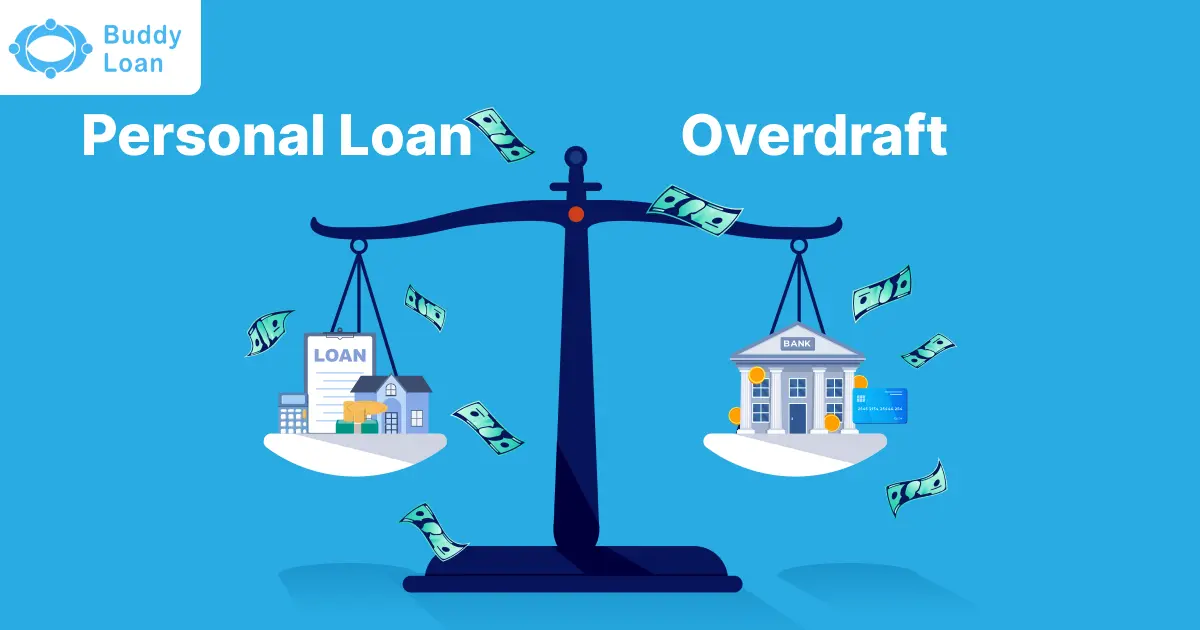The budding startup has a lot of uncertainties when it comes to funding and other resources. If one or more of these startups fail, the founders lose their money and time. However, there are some initiatives that are specifically meant to help startups get off the ground. One such initiative is the credit guarantee scheme for startups. Let’s understand what a credit guarantee scheme for startups is, its pros and cons, the risks involved, and how it can be beneficial for you as an individual or a startup looking for funding.
What is a Credit Guarantee Scheme for Startups?
A credit guarantee scheme is an initiative that allows a bank to give credit to a startup on the condition that the latter pays an agreed amount of interest to the bank. This interest is often 8% per annum and the startup is expected to pay Rs. 1 lakh as interest if it misses a payment. For a bank to agree to provide a credit guarantee to a startup, it must satisfy certain conditions.
First, the bank must believe that the startup has a good chance of paying back its loan. If they do not believe that, they will not give the guarantee. If they do believe it, the next condition is that the startup must be able to repay the loan if it defaults. You may think that this sounds very subjective, but it is not. The bank’s credit department has metrics to decide if the startup should be granted a credit guarantee. Unfortunately, there are no public documents that explain these metrics.
How Does a Credit Guarantee Scheme for Startups Work?
Let us assume that you are a bank and you have lent Rs. 1 crore to a startup. The idea is for the startup to use the loan to repay the original lender and pay interest to the bank. But what if the startup does not repay the bank at all? If the startup defaults, the bank will take back the loan and use the amount to repay the original lender. If the bank has satisfied the credit guarantee scheme conditions, it can then write off the loan amount and keep the interest earnings. Now, if the startup uses the loan amount to repay the original lender and pays the interest to the bank, both parties get what they want. The startup gets a loan and the bank gets interest. However, if the startup defaults, the original lender gets their money back and the bank gets interest on the amount.
The Risk with a Credit Guarantee Scheme for Startups
 As discussed above, the bank agrees to give a credit guarantee to a startup on the condition that they can take it back if the latter defaults on their payments. This allows the bank to take back the loan amount if the company fails to repay it. Risk is the key word here. The bank must assess the risk and decide if they want to give a credit guarantee. But what happens if the bank does not know how to judge the risk? Well, perhaps, they have done a manual analysis of the data, but they do not have the right software to help them make the decision.
As discussed above, the bank agrees to give a credit guarantee to a startup on the condition that they can take it back if the latter defaults on their payments. This allows the bank to take back the loan amount if the company fails to repay it. Risk is the key word here. The bank must assess the risk and decide if they want to give a credit guarantee. But what happens if the bank does not know how to judge the risk? Well, perhaps, they have done a manual analysis of the data, but they do not have the right software to help them make the decision.
Also Read: Planning To Launch a Business? A Small Business Loan Is An Ideal Solution
Pros of Using a Credit Guarantee Scheme for Startups
One of the reasons why startups choose to use a credit guarantee scheme is to avail of a low-interest loan. Let us assume that a startup has a working product, but no revenue. In such a case, a low-interest loan is not a viable option. But if the startup uses a credit guarantee scheme, the bank agrees to provide a loan and the company pays the guarantee. This saves the company from showing the true revenue and profit numbers. Even if the company defaults on its payments, the original lender has a guarantee that they will get back the amount. This might sound like a good option, but there is another side to it.
Having any queries? Do reach us at info@buddyloan.com




